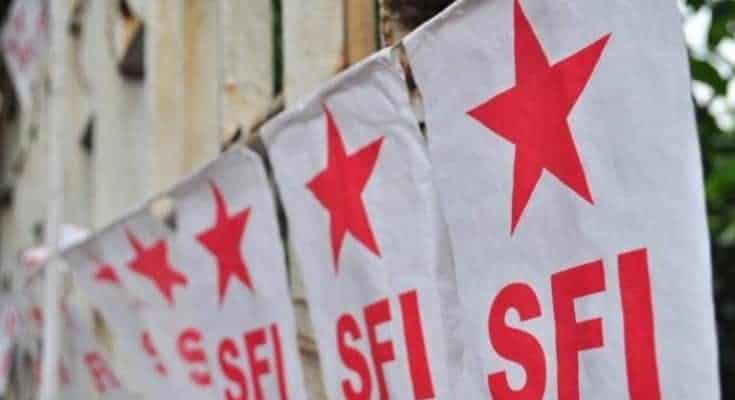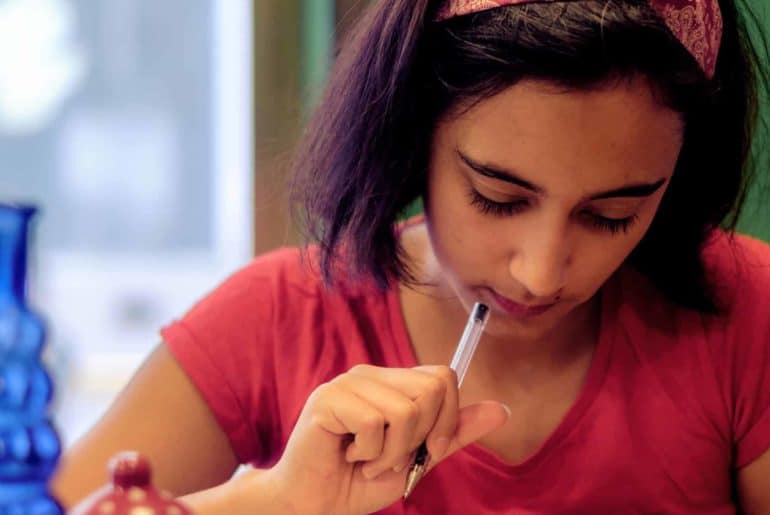A first-year resident of the LSR hostel suffered major injuries when the ceiling of a bathroom stall collapsed. Students raised concern over the safety measures of the hostel and expressed their frustrations over the college’s lack of accountability. The incident occurred among previous allegations against the functionality of the hostel, such as food poisoning, irregular water supply, obsolete infrastructure, and a lack of air conditioning facilities.
On March 27, at around 8:15 in the morning, a first-year resident at the Lady Shri Ram College (LSR) hostel was severely injured when the ceiling of the bathroom stall disintegrated and collapsed on top of her. The student was immediately hospitalised due to debilitating injuries to her arms and legs. The incident has raised several concerns regarding the safety precautions and the obsolete infrastructure of the hostel.
When the incident occurred, the students heard a loud crashing noise emerging from the bathroom cubicles and a screaming noise. The injured student was trapped inside the bathroom and was unable to unlock the bathroom door due to her injuries. The nearby students immediately notified the superintendent of the hostel, who lives right opposite the bathroom and allegedly had not heard the collapse of the ceiling or the wailing of the injured student.
The superintendent was unable to push through the bathroom door without further injuring the student. Immediately, four men were called, and they assisted the student and accompanied her to her room. However, adequate support was delayed, and the student did not receive immediate care due to the technicalities of the hostel administration.
“They had first taken the student to her room and offered her tea. She did not get medical attention immediately, which is very weird, and they were saying that they needed a legal guardian for her to be taken to the hospital, which did not happen eventually. They ended up taking her themselves to the Moolchand Hospital. The hostel did pay for her because it was the hostel’s fault that this happened.” – A student and resident of the LSR hostel
The bathroom stall had been immediately closed and placed under supervision for further maintenance. Later, at 7 p.m., the head and assistant warden of the hostel organised a meeting to discuss the incident. They blamed the occurrence of the accident on the debilitating infrastructure of the hostel. Apparently, the hostel required constant maintenance, and the most recent repairs were made around September 2022. However, several students raised concerns regarding the quality of such renovations.
“Renovation of the building is not enough because the foundation of the building itself is not concrete. The architecture is very old, and the pipelines are iron, so they have rusted. The ceilings also have issues. It’s a problem with the infrastructure. Whenever we tell the warden, we are given the same response: that the hostel is a very old building, and Delhi University (DU) does not give any funds. To fully renovate the hostel, at least a year is required, and in that case, they cannot offer the facilities of the hostel for an entire year.” – LSR student and hostel resident who was present in the meeting
In the meeting, it was also stated that starting the following day, checks will be administered in all the bathrooms to ensure safety precautions. However, students are raising concerns over the safety measures of the hostel, as the bathroom stall where the incident occurred is considered to be one of the “safe” stalls. When the students expressed their frustrations over the lack of accountability on behalf of the college, the administration warned the students to vacate the hostel if they were dissatisfied with the facilities offered by the hostel.
“It felt like they were threatening us by saying they will close the hostel. They were saying that if we want proper renovations, they will need to tear down the building and the students will be required to vacate the hostel. This is, of course, not feasible for many students, who will not be able to find such accommodations on such short notice. They also said that if we want renovations with more qualified people, they will increase our fees, and the next year students will blame us for the increase in fees.” – LSR student and hostel resident
The parents of the injured student visited the premises to accompany their daughter to their hometown. The student will remain in her hometown for a few weeks to recover from her injuries.
Read also: LSR Invites Controversial Politician Anurag Thakur as Guest, Students Raise Objection
Featured Image Credits: Lady Shri Ram College Website







